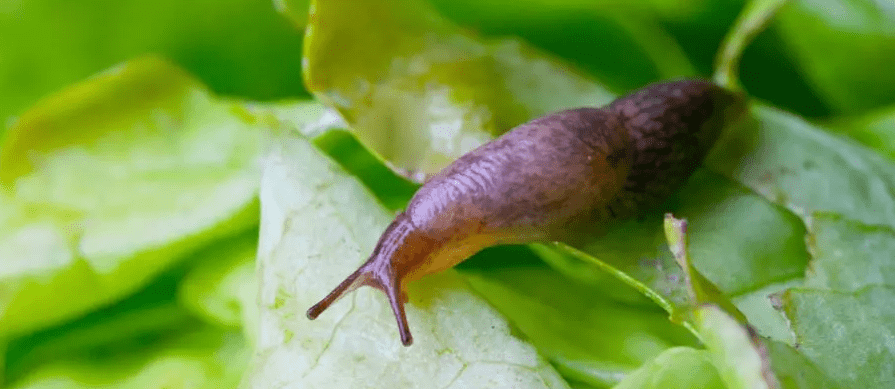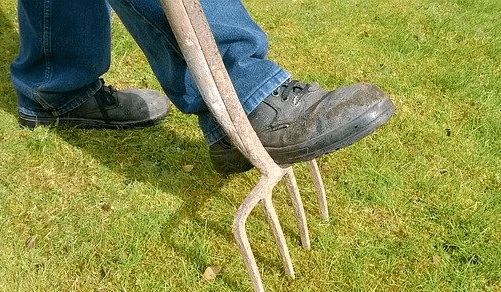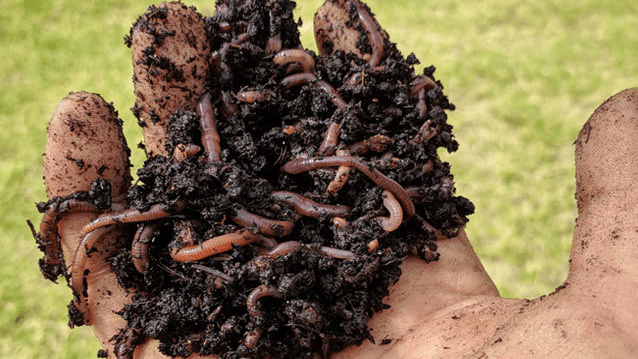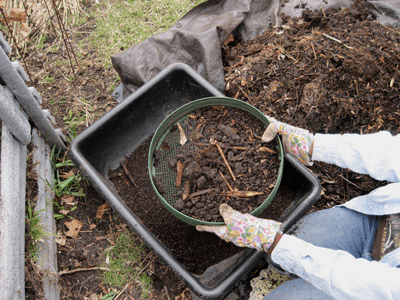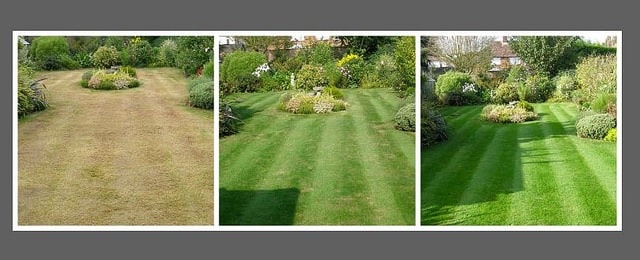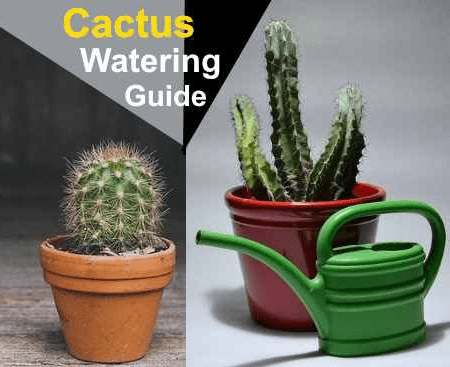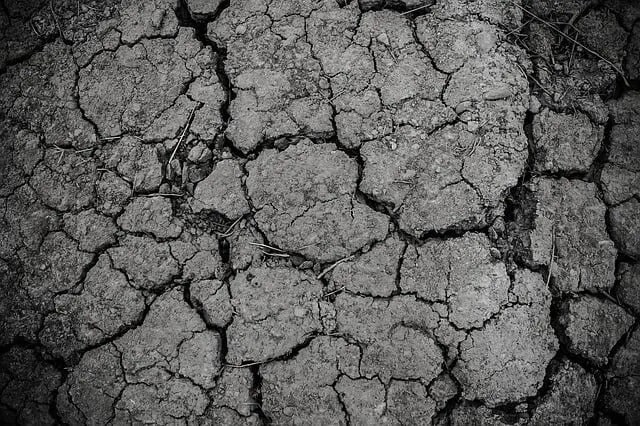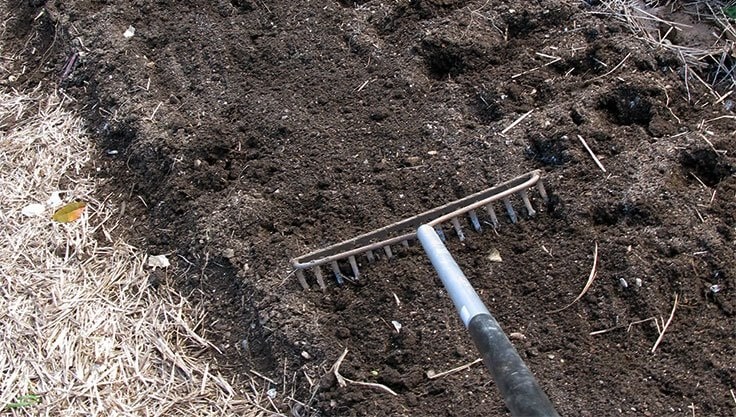Fertilizer is an essential element for the proper growth and development of plants in the organic garden and garden. There are many types of fertilizers for plants, but if we want to get a 100% organic harvest we must dispense with chemical fertilizers or synthetic fertilizers and replace them with natural fertilizers or organic fertilizers as we will see below.
Contents
Types of organic fertilizer. 10 Fertilizers for the organic garden.
Compost
Compost is one of the best known and most used organic fertilizers in organic farming for its benefits to the soil and plant growth.
In addition to providing nutrients, this organic fertilizer favors the proliferation of beneficial microorganisms in the soil and improves its structure.
This natural fertilizer can be purchased in specialized stores but you can also make homemade compost at home using dry leaves, grass clippings, pruning or crop residues that have been removed from the garden and organic kitchen waste such as fruit peelings, eggshells, etc.

Compost tea
It is a liquid fertilizer that we can use to fertilize and water at the same time. It can be made at home by infusing the compost in water and letting it stand for a while so that the nutrients are extracted from the compost.
One of its advantages is the ease of application, since we will not have to use the tools of the garden to incorporate it into the soil or mix it with the substrate. In the article Compost tea or homemade compost tea step by step we saw how to make it and other advantages.

Vermicompost
Vermicompost or worm compost is an organic fertilizer very rich in essential nutrients such as nitrogen. It is a variant of the common compost but, if possible, even richer in nutrients and decomposed organic matter.
It comes from the digestion of earthworms on top of ordinary compost, on which they live and feed to produce this complete organic fertilizer. In the article on worm compost you will find more information on how it is made and its benefits.

Manure
You can use cow manure, horse manure, sheep manure…, guano, or semi-solid excrement, such as chicken manure.
Manure is a good fertilizer for the organic garden, although if you live in a city and you have an urban garden it will be a little more difficult to get it for free. However, there are some types of manure, such as horse manure, that are easy to find in gardening stores or on the internet.
If you have obtained them in a nearby farm, it is necessary to let them compost or mature for a while so that they decompose a little and thus, among other things, the temperature reached makes the seeds that could be left in the excrement “die” and undesirable weeds do not appear in our crops.

Peat
Peat is a perfect organic fertilizer to enrich and nourish the substrate before planting. It is a type of fine, light, dark-colored charcoal that forms in peat bogs.
Peat bogs are wetlands where Sphagnum moss and other plants accumulate and, after decomposing, give rise to this organic fertilizer rich in organic matter, minerals and nutrients.
Peat, like other organic fertilizers, in addition to providing organic matter, improves soil structure and promotes the slow release of nutrients, which is very beneficial for the plants in the garden.
Although it is an ecological organic fertilizer, it is important to know that peat is a non-renewable natural resource, since the rate of extraction of peat reserves is being higher than that of natural generation, so its responsible use is recommended.
Humic amendments
A type of concentrated organic fertilizer consisting of a mixture of different decomposed fertilizing substances, such as compost, manures or peat. Humic amendments can be solid or liquid (such as compost tea).
Before buying a humic amendment it is important to read its composition and make sure that it has only nutrients of organic origin, and that it is free of added artificial substances or synthetic compounds.
Banana tea
It is a type of organic fertilizer intended, above all, to fertilize plants that are deficient in potassium or also to promote and improve flowering and fruit set (since potassium is an essential nutrient for these processes).
You can make it at home by boiling, for 10 minutes, several chopped banana peels (about four or five) in a liter of water. After straining the infusion, mix each liter of plantain tea with two liters of water to add to the plants in the form of liquid organic fertilizer.
Green fertilizers
Green manures are a special type of organic fertilizer. It is not an organic fertilizer that we can buy in a store as is the case with other fertilizers, but are plants that grow in our own garden, in the place where we will then place the vegetables.
They are small plants, such as clovers or alfalfa, which are sown in the ground (during the winter, for example) and then pulled up and buried in the soil, where they will decompose and release nutrients little by little.
It is an organic fertilizer very rich in nitrogen that, in addition, has many other advantages for the organic garden. You can read more about this organic fertilizer in the post I wrote about green manures for the organic garden.
Rooting fertilizers for cuttings
If we want to reproduce aromatic or other plants by cuttings, the use of rooting or biostimulants will help them to have more chances to thrive.
In the article on how to make homemade natural rooting products, Elena showed us some rooting products that we can make ourselves.

Ashes
The ashes coming from remains of wood, firewood or burned dry leaves provide a high content in phosphorus and potassium, so if we suspect that our plants have a lack of nutrients of this type, it will be a good idea to add ash. To incorporate it to our culture the best thing is to mix the ash well with the substrate or to add it mixed with the irrigation water.
In addition, ashes are also used to increase the pH of the soil if it is too acidic (in this case it is necessary to be careful and not to use it in excess, otherwise it will become too basic, which is not good either).

These are the organic fertilizers that I know, do you know of other organic fertilizers for the garden or do you have experience with any of these? If so, do not hesitate to tell us your experiences in the comments thread below. Greetings!


